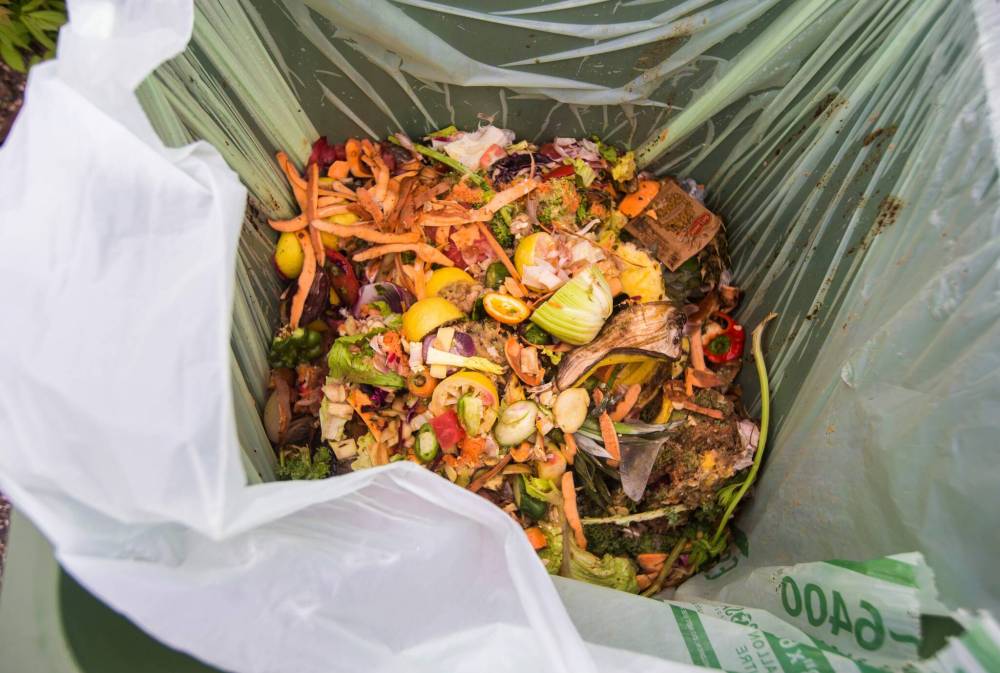
EAST LANSING, Mich. (AP) — Two days out from Election Day, Kamala Harris dashed through four stops across battleground Michigan on Sunday without uttering Donald Trump’s name, while urging voters not to fooled by the GOP nominee’s disparagement of the electoral system that he falsely claims is rigged against him. The vice president said she trusts the upcoming vote tally and urged voters, “in particular people who have not yet voted to not fall for this tactic, which I think includes suggesting to people that if they vote, their vote won’t matter.
” At a Michigan State University rally, Harris got a rousing response when she asked who had already voted and then gave students another job – to encourage their friends to cast ballots in a state that allows Election Day voter registration. And instead of her usual speech riffs about Trump being unstable, unhinged and out for unchecked power, Harris sought to contrast her optimistic tone with the darker message of the Republican opponent she did not name. It was all in service of trying to boost her standing in one of the Democratic “blue wall” states in the Midwest considered her smoothest potential path to an Electoral College majority.
“We have an opportunity in this election to finally turn the page on a decade of politics driven by fear and division,” she said in a oblique reference to Trump. “We are done with that. We are exhausted with that.
America is ready for a fresh start, ready for a new way forward where we see our fellow American not as an enemy, but as a neighbor.” Harris also avoided direct mention of Trump during her 11-minute morning talk at Greater Emmanuel Institutional Church of God in Christ. But her comments nonetheless served as a clear juxtaposition with the Republican nominee.
“There are those who seek to deepen division, sow hate, spread fear and cause chaos,” she said. She spoke at the same time Trump was in Pennsylvania declaring the U.S.
a “failed nation” and saying that he “shouldn't have left” the White House after the 2020 election, which he denies losing to Democrat Joe Biden. As Trump referred to Harris' party as “demonic,” Harris quoted the Old Testament prophet Jeremiah and told her friendly audience she saw ready to “chart a new way forward.” Addressing what was a largely student crowd in East Lansing, Harris promised to seek consensus.
“I don’t believe people who disagree with me are the enemy,” she said. “In fact, I’ll give them a seat at the table because that’s what strong leaders do.”” That was enough for Alexis Plonka, a Michigan State junior who will be voting in her first presidential election.
Plonka, who said she has family members who support Trump, applauded the vice president for not referencing the former president directly. “I think one of the things that turns people off from Trump a lot is the fact that he is so against people that don’t agree with him and that he’s not willing to work with them,” she said. The approach reflects the wide net Harris has cast since taking the Democratic Party mantle in July after 81-year-old President Joe Biden ended his reelection bid.
Casting Trump as erratic and unfit for office, she has attracted supporters ranging from progressive champion Rep. Alexandria Ocasio Cortez of New York to Republican former Rep. Liz Cheney and her father, former Vice President Dick Cheney.
Still, Harris is looking to capitalize on core Democratic constituencies — including young voters like those she addressed at Michigan State — in part by emphasizing her support for abortion rights and Trump's role in ending a woman's right to terminate a pregnancy. One of the loudest cheers she received in East Lansing on Sunday evening came when she declared that government should not tell women what to do with their bodies. Speaking to reporters Sunday afternoon, Harris pushed back at Trump’s characterizations of U.
S. elections, charges that the former president elevated again as he campaigned in Pennsylvania. Harris said his latest comments were “meant to distract from the fact that we have and support free and fair elections in our country.
” Those “good systems” were in place in 2020, Harris said, and “he lost.” Harris used her last Michigan swing to acknowledge progressives and members of the state's significant population of Arab Americans who are angry at the Biden administration for its continuation of the U.S.
alliance with Israel as the Netanyahu government presses its war against Hamas in Gaza. “I have been very clear that the level of death of innocent Palestinians is unconscionable,” Harris told reporters. In East Lansing, she addressed the issue soon after beginning her remarks: “As president I will do everything in my power to end the war in Gaza, to bring home the hostages, end the suffering in Gaza, ensure Israel is secure and ensure the Palestinian people can realize their right to freedom, dignity and self-determination.
” Some students in East Lansing voiced their opposition Sunday with audible calls for a cease-fire in the Israel-Hamas war. At least one attendee was escorted out after those cease-fire calls. After attending church in Detroit, Harris greeted customers and picked up lunch at Kuzzo’s Chicken and Waffles, where she had collard greens at the Detroit restaurant owned by former Detroit Lions player Ron Bartell, a Detroit native.
Later, Harris stopped by Elam Barber Shop, a Black-owned business in Pontiac, where she took part in a moderated conversation with local leaders and Black men. Michigan, along with Pennsylvania and Wisconsin, is critical to Harris' fortunes. Barack Obama swept the region in 2008 and 2012.
But Trump flipped Michigan, Pennsylvania and Wisconsin in 2016, prompting considerable criticism from Democrats who said nominee Hillary Clinton took the states for granted. Biden returned the three to the Democrats' column in 2020. Losing any of the three would put pressure on Harris to notch victories among the four Sun Belt battleground states: North Carolina, Georgia, Arizona and Nevada.
.











